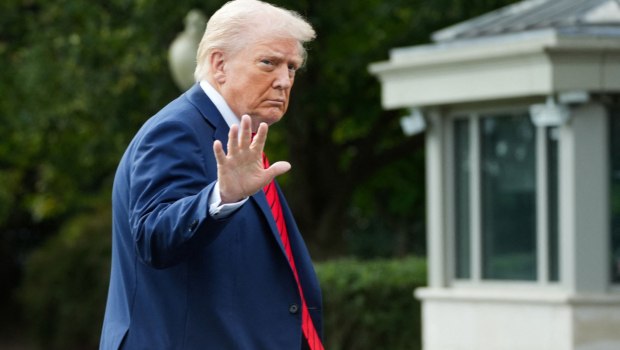Analysis-Wall Street, Main Street push for foreign tax rethink in US budget bill
The asset management industry is concerned about outflows.
"We encourage the Senate to make this provision more targeted to respond to unfair foreign taxes and other concerning measures rather than disincentivizing beneficial foreign investment in the U.S.," a spokesperson for the Investment Company Institute said.
The investment community is also working to clarify whether Treasuries and corporate bonds will remain exempt as they are currently subject to a portfolio interest exception that applies no taxation, lawyers and industry sources said.
"There's reason to believe that fixed-income assets wouldn't be in scope, but there's still considerable uncertainty about this point," Morgan Stanley strategist Michael Zezas said in a note to clients.
A footnote part of the Budget Committee report, which provides direction to taxpayers, courts and the Treasury in interpreting the statute, says that Section 899 "does not apply to portfolio interest."
Foreigners' equity investments, however, do not count with the portfolio interest protection and could be taxed, lawyers and banks said.
MULTINATIONALS
Multinational companies could face a new tax burden on dividends and inter-company loans, potentially reducing profit, according to Section 899.
Jonathan Samford, president of the Global Business Alliance, a lobbying group for international companies in the U.S., said many multinationals could decide to shut down operations in the U.S., risking 8.4 million jobs in the country.
"Those companies will not be paying U.S. tax whatsoever because they will not be able to operate in that punitive, high-tax environment," he said.
Morgan Stanley said in a note to clients a repatriation of profits out of the U.S. and pressure on the U.S. dollar.
Corporate loans could also become more expensive, as loans extended by foreign banks might be subject to the new tax burden if section 899 overrides current treaties, lawyers said, adding that companies could end up paying more for the debt to make up for the tax increase.
SENATE PASSAGE
Investors are hoping for some changes in the Senate.
Senator Steve Daines, a Montana Republican on the Finance Committee, said it may be necessary to clarify the language in Section 899.
“We want to make sure we don't have tax policies that in some way would diminish the fact that we are the gold standard in the world,” Daines said.
Morgan Stanley said in a note that it expects "sufficient Senate Republicans to take notice and clarify the policy to mitigate this risk" of increasing the cost of capital for the U.S.
"It actually is pretty much of a nuclear bomb," said Pascal Saint-Amans, partner at Brunswick Group, who is also the former tax chief of the Organization for Economic Cooperation and Development, who led the 2021 global tax treaty. "The coverage (of Section 899) seems extremely broad and the terms are not extremely well-defined."
(Reporting by Carolina Mandl in New York, and Bo Erickson and David Morgan in Washington; Additional reporting by Lewis Krauskopf and Davide Barbuscia in New York, and Yoruk Bahceli in London; Editing by Megan Davies and Matthew Lewis)
Content Original Link:
" target="_blank">

































































